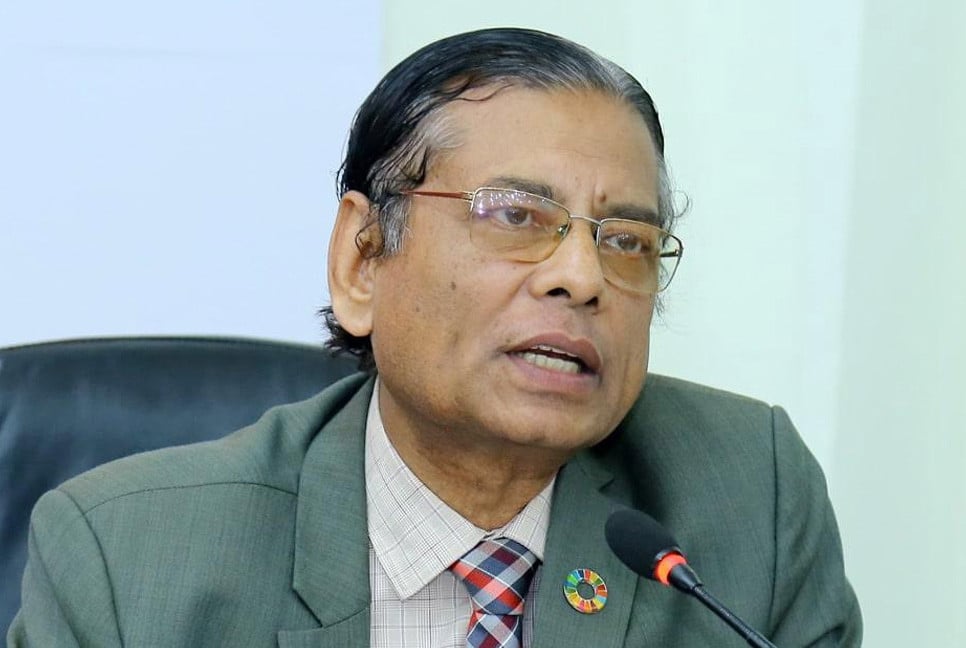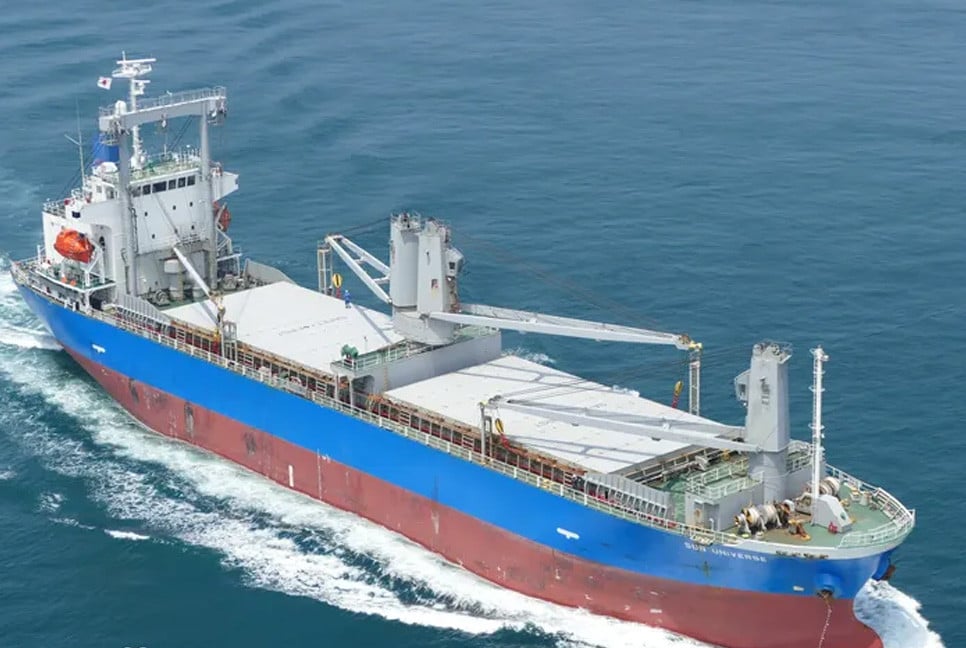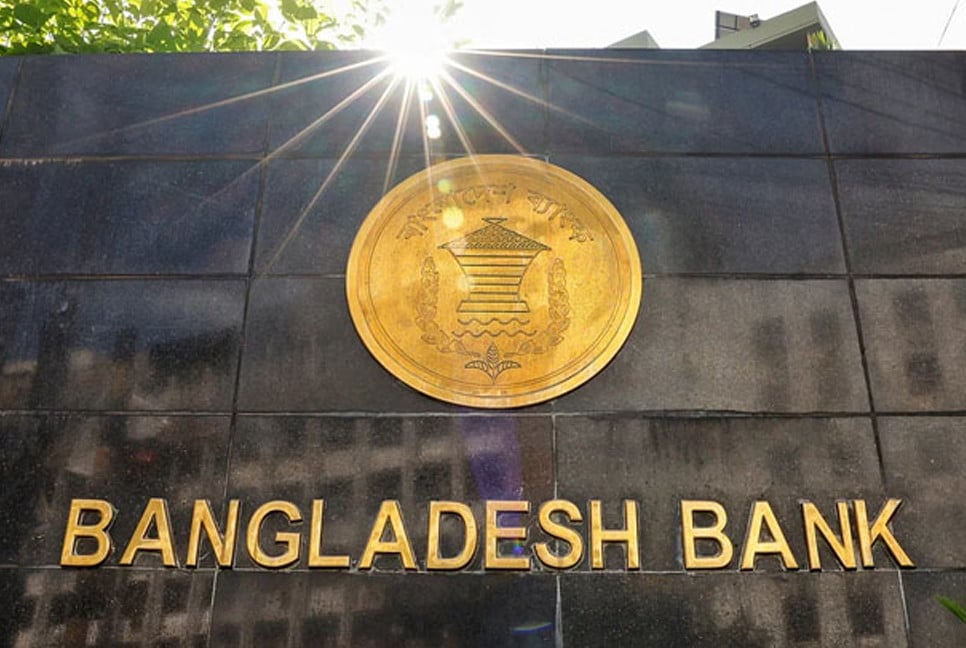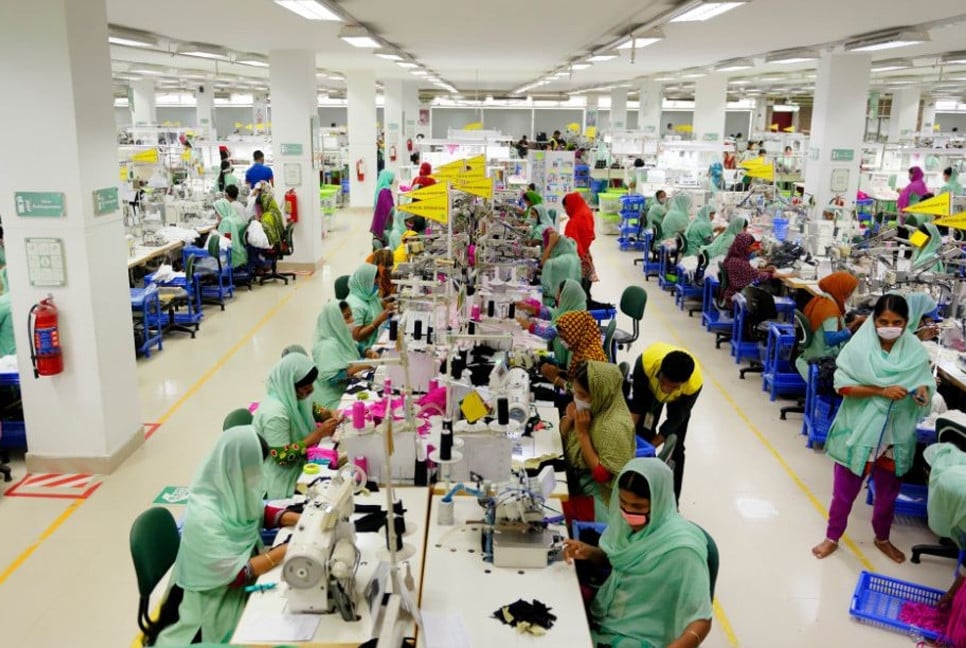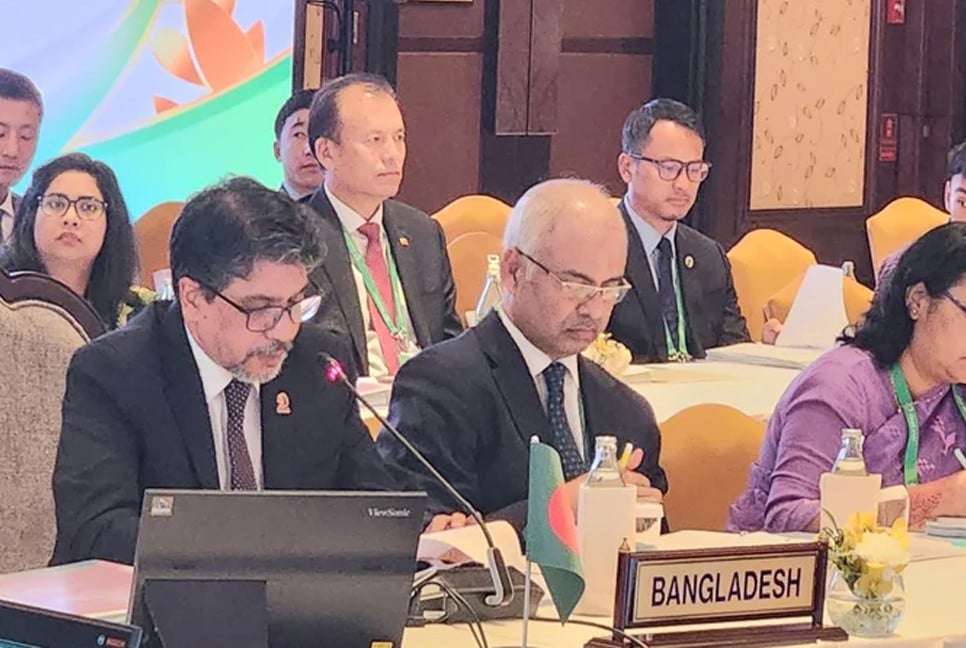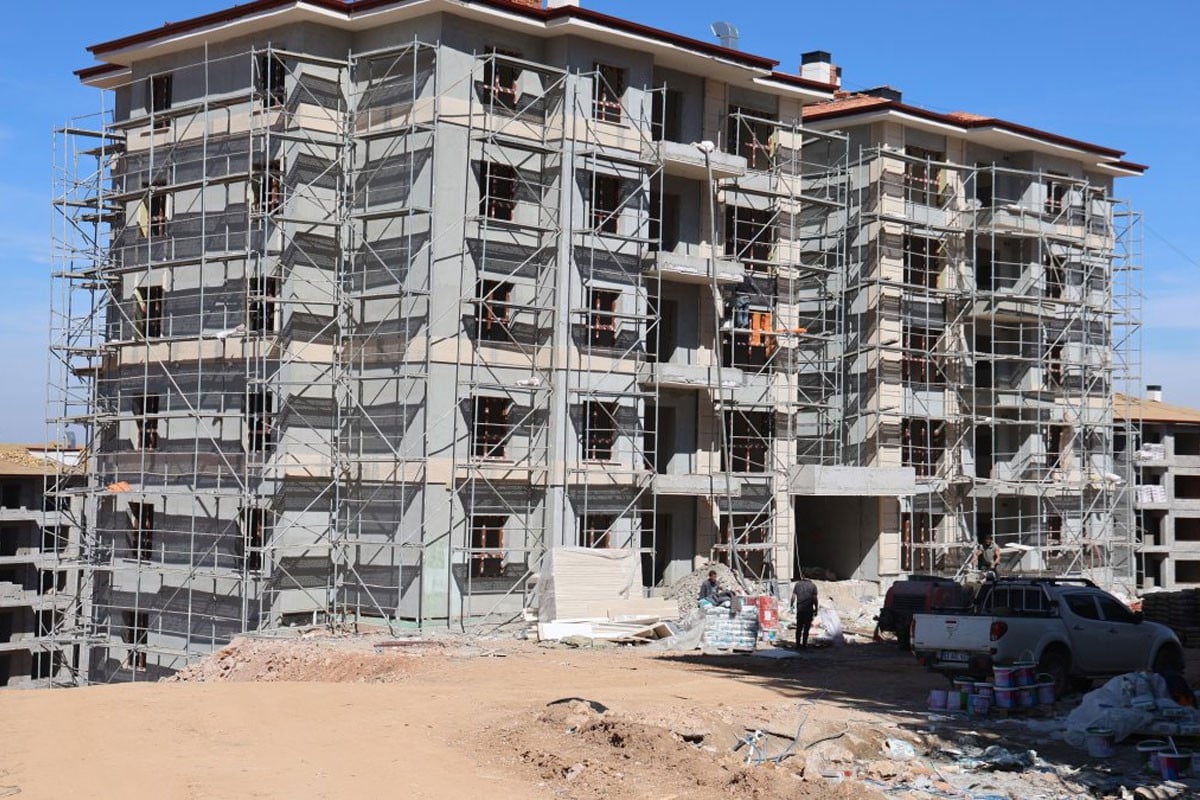Daily commodity prices, revenue collection situation, export-import implementation, ADP implementation, inflation, cost of living, balance of payments, foreign exchange reserves – all have been in serious disarray for months, which is basically creating stress in the macro economy and this stress is increasing day by day.
After two consecutive years of corona pandemic, the overall economy of the country was quite stable even in November last year. The situation was fairly relaxed especially at the import level. When the whole world was paralyzed due to the corona epidemic, the commodity price in the country's market was still bearable. But in recent times everything became unsteady.
According to expert, this situation will be worsening globally if famine strikes next year.
Prime Minister Sheikh Hasina on Sunday held an emergency meeting with some ministers and secretaries to determine what to do to deal with the economic crisis. Chief, Finance, Commerce, Industry Secretary and others were present in the meeting. The Prime Minister inquired about the overall situation of the country's economy.
She also gave instructions to deal with the crisis. In particular, she asked to take measures so that food import, fertilizer import and food production are not disrupted so that there is no food crisis.
According to Bangladesh Bank, On November 2, 2021, country’s foreign exchange reserves were $46.48 billion. And on November 2, 2022, the foreign currency decreased to 35.73 billion dollars.
Experts believe that actual number of foreign exchange reserves is much less.
Foreign exchange reserves are the most affected by the continued dollar crisis in the country. Dollar is being released by breaking the reserve to control the dollar market. However, the price is not decreasing. The crisis is not over yet. As a result banks are not able to open LC on time. This is disrupting the import-export activities.
The biggest impact of the dollar crisis is now on the energy sector. Due to increase in fuel prices, prices of all kinds of goods have increased uncontrollably. The cost of people's living is increasing by leaps and bounds. People facing difficulties to match the income and expenditure account.
In addition, the impact of the Ukraine war on the export sector was felt in September. Exports fell by about 6 per cent in that month compared to the same period a year earlier. In October the negative impact is more pronounced. Compared to the same period last year, the export income decreased by 7.85 per cent in the month.
Export Promotion Bureau (EPB) released a report on Sunday which said in October this year, exports of goods worth US$ 435 million, which is US$ 370 million less than last fiscal year's October. At that time the export income was US$ 472 million.
There is no doubt that the economy or people's livelihood is going down, the risk of danger is increasing – said the former lead economist of the World Bank Dr. Zahid Hossain.
“There is no need for a survey to show that rising commodity prices will lead to inflation. But to what extent it has increased, whether it is at a tolerable level or not, a survey is required,” he said.
The ongoing crisis has also affected the implementation of the government's budget. In the first three months (July-September) of the current fiscal year 2022-23, the National Board of Revenue (NBR) has a shortfall of Tk 5,500 crore.
Apart from this, the annual development program has also had a negative impact. In the first three months of the current financial year, ADP implementation has been less than 9 per cent. It is expected that this speed will decrease further in the coming days.
@The story published on print and online versions of The Bangladesh Pratidin on November 7, 2022 and rewritten in English by Tanvir Raihan.





